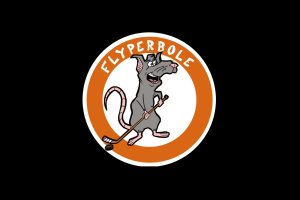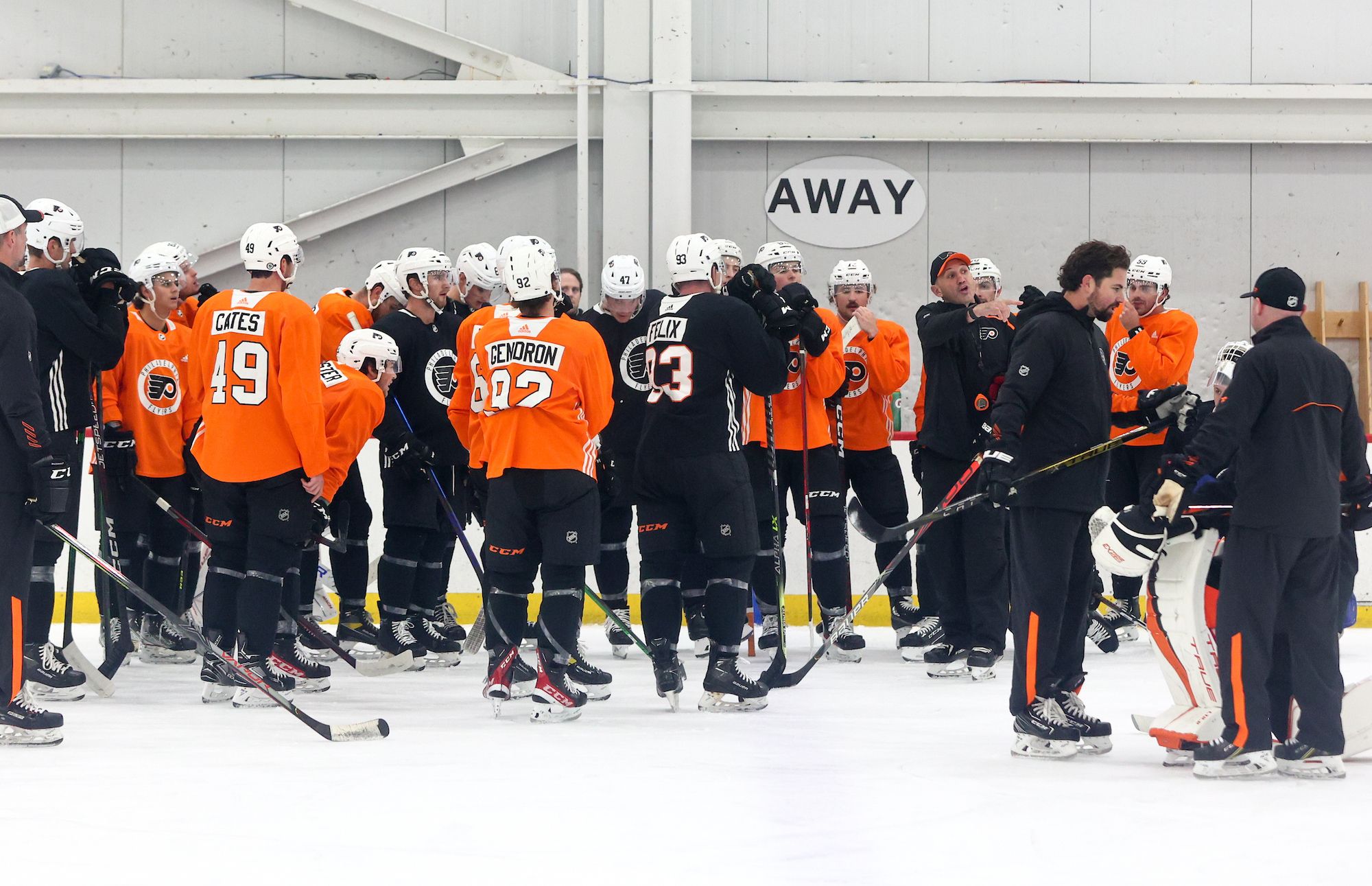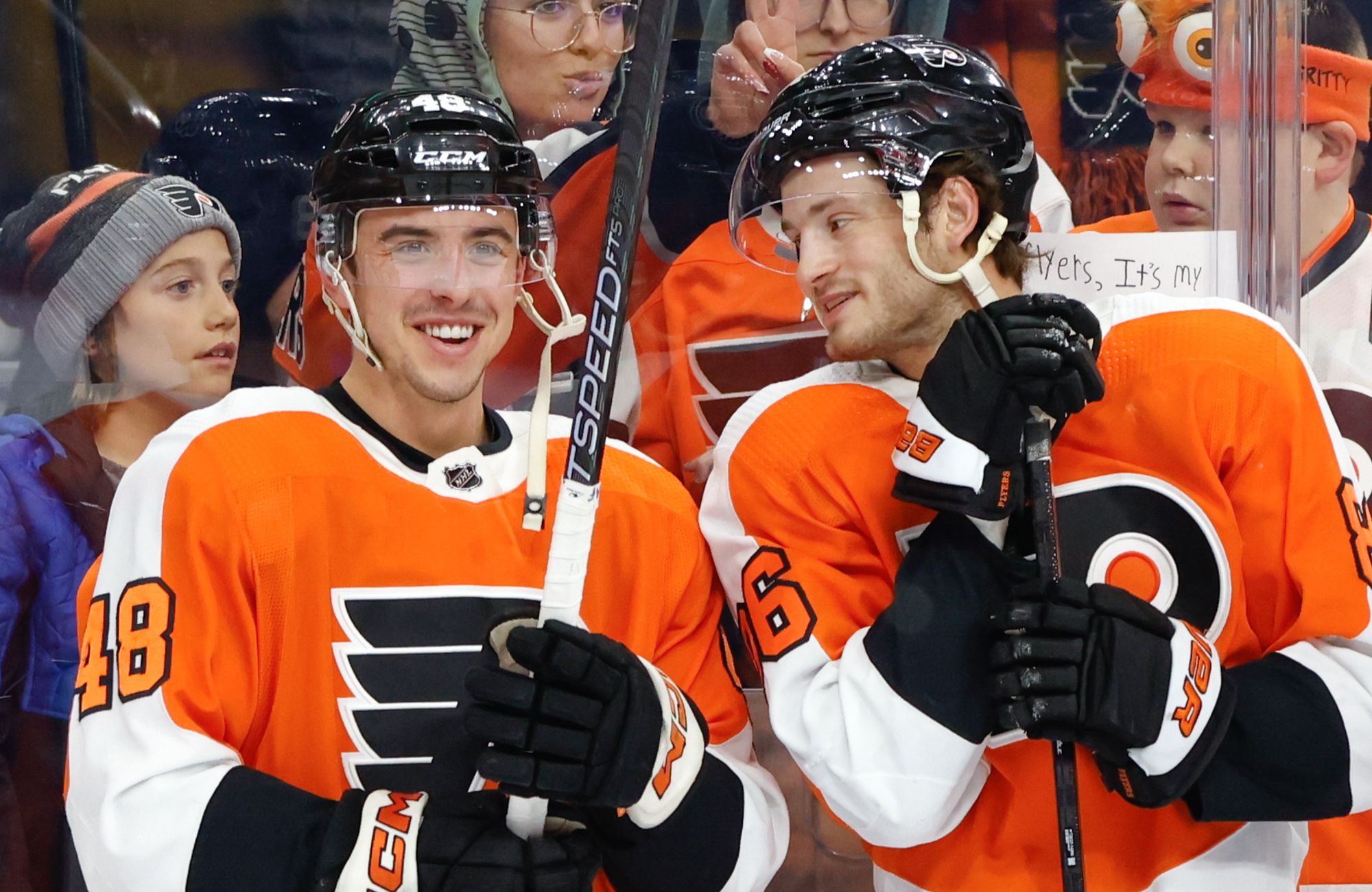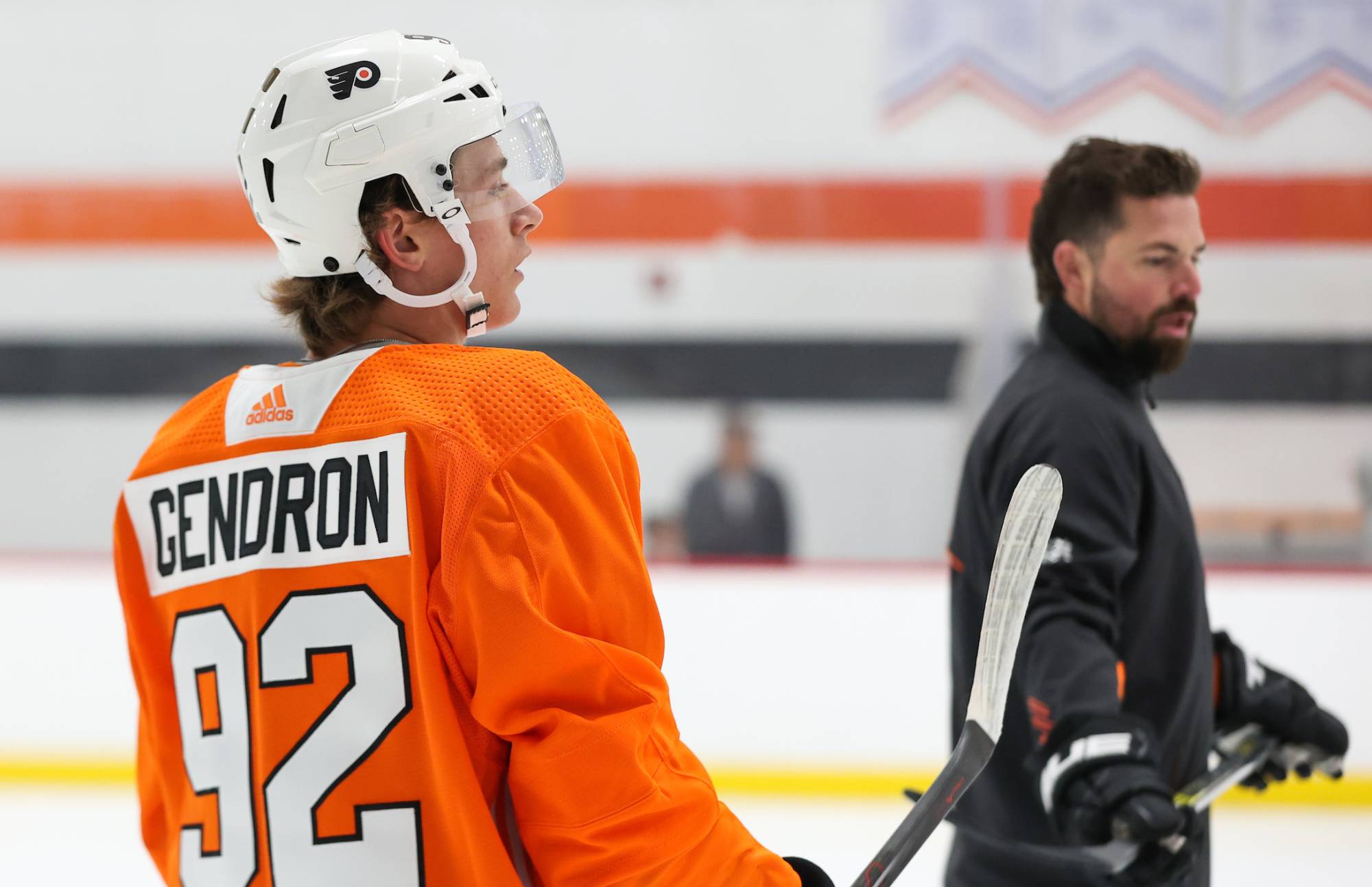During their time in Adirondack, the Phantoms have been terrible. Like, worst-team-in-the-AHL terrible.
This shouldn’t come as a surprise. Brayden Schenn’s seven games this season are the only to be played in an Adirondack uniform by a first-round pick since the team relocated from Philadelphia. The only second-rounders to play even 20 games for the Phantoms have been Andreas Nodl, Stefan Legein, Kevin Marshall, Michael Ryan and Dan Jancevski.
That is not a lot of high-end talent, and it’s mostly a product of neglect from the parent club. It’s a good thing that the few first-round picks the Flyers have had in the Adirondack years — Luca Sbisa and Sean Couturier — have gone straight to the NHL in their rookie seasons, but of course, that’s not the largest group in the world.
The Flyers don’t use their AHL team to develop NHL talent, instead using it as a stable for fourth-line grinders they need to replace injured players at the NHL level. This is evidenced by the fact that three of the Phantoms’ top four scorers are on AHL-only deals, meaning they can’t be called up to the Flyers. The exception is leading-scorer Jason Akeson, who has 49 points in 67 games.
The only current Phantoms players that were even drafted by the Flyers organization are Marc-Andre Bourdon, Oskars Bartulis, Oliver Lauridsen, Tye McGinn and Garrett Klotz, the last of whom the Flyers sent back to his Junior team to the Central Hockey League last year, then signed to an AHL-only deal this past summer.
Of the remaining members, nine players (Andrew Rowe, Mike Testwuide, Shane Harper, Tyler Brown, Luke Pither, Ben Holmstrom, Brandon Manning, Harry Zolnierczyk and Akeson) were signed as undrafted free agents. Four Five are signed to NHL deals (Michael Leighton, Jason Bacashihua, Blake Kessel, Matt Walker and Matt Ford) and five four other players (Matt Ford, Denis Hamel, Garrett Roe, Cullen Eddy and Rob Bordson) are on AHL only deals.
Some of those guys surely garnered interest when they were free agents, but all were passed over by every NHL team at least seven times. Some of them have even been rejected by the Flyers multiple times, and if you have a team full of guys nobody else wanted, you aren’t going to win a lot of games.
It’s no surprise the Phantoms aren’t very good. But when Glens Falls Post-Star beat writer Tim McManus criticized the Philadelphia Flyers organization for overseeing an AHL team that has finished dead last in their division back-to-back years, could finish there again this season, and has had the worst three-year record in the league, Phantoms players got upset.
The team is now refusing to talk to McManus as a result of that column.
The Phantoms are loyal to the Flyers organization, not just because they are a part of that organization, but also likely due to the fact that they are — for the most part — a collection of players nobody else wanted. The Flyers gave these guys a chance when no one else would, so it is easy to see why they want to take a stand here.
But that doesn’t mean this is a fight the players can win, or one they should even take up.
Whether you agree or disagree with the players’ choice, the truth is that they are more than welcome to do so — I’ve advocated certain Flyers’ refusing to speak to certain media members before — and in some cases, it is the best solution.
To their credit, the players have not taken this fight public. They haven’t gone to one of the other part-time writers or to Twitter (though Mike Testwuide did re-tweet someone telling him to “learn how to read”) or to Philadelphia media or to any other medium. They’ve kept it between themselves and the Post-Star.
To his credit as well, McManus is not making a big deal out of it. He’s alerting his readers to the situation at the bottom of a blog post, avoiding taking a stance and moving on. Just what both sides should be doing.
Refusing to grant interviews after a game, or even over a weekend, is a perfectly fine protest. Stand as a team, show that nobody appreciates the story, maybe talk behind the scenes about it, and move on. Get back to normal the following week, with the point made.
But from the sound of it, this isn’t a one-time thing. This appears to be an indefinite protest. That is a mistake, since there is no way the players benefit from refusing to talk to the only full-time beat writer covering the team.
Not only are they missing the opportunity to connect with small-town fans, show the Flyers they know how to handle media scrutiny and how to successfully handle disagreements with the press, they’re missing the opportunity to reach Philadelphia fans and to ultimately grow their own brands.
In just the past couple of years, McManus has praised Testwuide, Stefan Legein and Leighton for “getting it“, after they showed an understanding — by giving tickets to fans, buying them lunch and acting as a role model for teammates — of what minor league hockey in a small town is all about.
He called Holmstrom the team MVP for doing the things most people didn’t notice before Holmstrom became team captain. He recounted the difficult path taken by recently-traded forward Jon Kalinski, consistently praises Leighton for his strong play, positive attitude and importance to the team, and (perhaps the best example) wrote about Greg Moore and the how the 2010-11 Phantoms made an important connection with the Glens Falls community.
It should be clear that McManus is not out to make the players or the team look bad. He’s not out to stir up some controversy so people are talking about his article. In most cases, McManus makes the players look good. He tells small-town stories, humanizing these guys in ways that benefit everybody: the Phantoms, the Flyers, the players, the town, its fans, the writer, his paper.
If the players simply refuse to speak to McManus for one weekend, I can respect that. A small act to show they don’t appreciate criticism of the only organization who believes in them. But nobody wins if the players refuse to speak with the paper for the rest of the season. Whether they make the playoffs or finish last, the Phantoms, Flyers and the town of Glens Falls can only benefit from hearing what the players have to say.
So far, both sides have said their piece in a respectful manner. So far, both sides deserve praise for their message and their means of communicating that message, but the longer this goes on, the greater the chance is that the team comes out looking petty, immature and unprofessional. It’ll make a bad team look that much worse.









